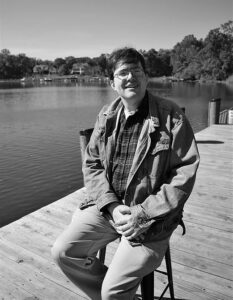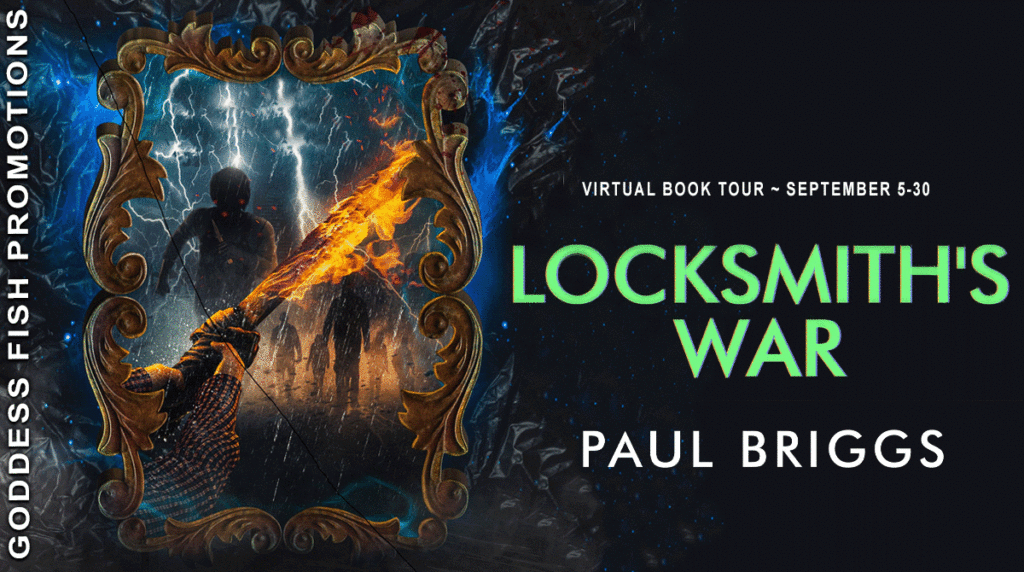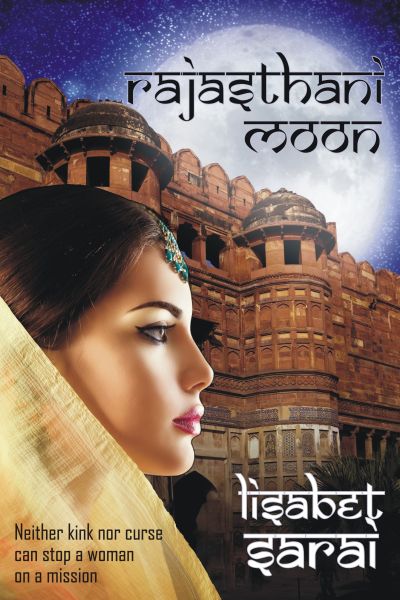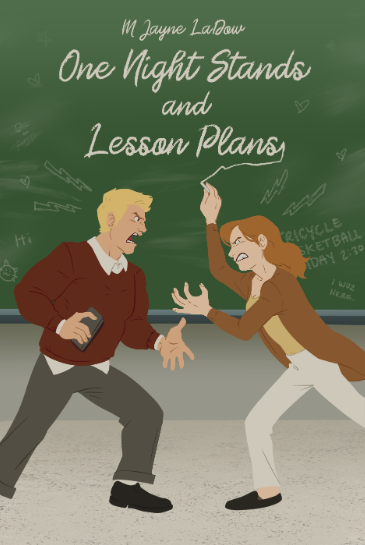This post is part of a virtual book tour organized by Goddess Fish Promotions. One randomly chosen winner via rafflecopter will win a $50 Amazon/BN.com gift card. Click on the tour banner to see the other stops on the tour.
Whatever sort of fiction you’re writing, chances are you’re going to need to do some research.
The good news is that Wikipedia has gotten better over the years — more accurate, more informative, and so on. The bad news is, it’s still not good enough. This is especially true if you’re looking for not just raw information, but an understanding of the subject. The best source of information, of course, is somebody you know who has some experience in whatever it is, but what if you don’t happen to know anybody like that, or they don’t have time for an interview?
When researching Locksmith’s Journeys, I basically had to learn how airplanes stay up, as well what sort of controls even the simplest airplane must have (elevator, rudder, ailerons) and how to use them. I had to learn these things, because Lachlan Smith was learning these things. This meant not just visiting Web sites, but also taking the old-fashioned approach of walking to the nearest public library and checking out some relevant books.
Another good source of information on almost any subject is instructional videos on YouTube. These videos are invaluable for giving you a sense of what it’s like to, say, fly a plane or fire a gun.
(Researching guns could almost be another blog post itself. Not only do firearms enthusiasts have a reputation for taking it personally if you write about a given make or model of gun and get the details wrong, but knowing those details can suggest lots of ideas for action. For example — also while researching Locksmith’s Journeys — I found that the particular handgun I had in mind for a particular scene has multiple safety mechanisms, which means it’s not likely to go off if you drop it on the ground. But all those safeties are built into the trigger, so if you pull that trigger, those safeties won’t save you from doing anything irreversible. Whether you’re writing a novel or handling a Glock, that’s good to know.)
If you’re really looking for the motherlode of detailed and accurate historical data, I recommend JSTOR. This massive digital library of academic articles starts where Wikipedia ends. It used to be only available to professional scholars, but during the pandemic they changed their policy to give everyone free access to a certain number of articles a month.
Finally, many experts have written reference books for writers. One which I consulted while writing Locksmith’s War was 10 B.S. Medical Tropes that Need to Die Today and What to Do Instead by Samantha Keel. This book confirmed my decision that a character who’d taken a nasty blow to the head should not be up and about a couple days later without at least some form of impairment. (Really he should have been dead or comatose, but there are limits to my commitment to realism where an interesting character is concerned.)
For Lachlan Smith, learning the secret of the apocalypse was the easy part.
Ever since Locksmith found the portal to the future, he has been wondering who or what was responsible for the empty, uninhabited world he found.
Now he knows—and now he has to fight them.
He thought he had fifteen years in which to prevent the extinction of the human species.
Now, he has only hours.
When the portal is stolen by a cabal of dangerous fanatics, his mother and many of his friends are trapped on the other side. Now the enemy is after him, and the only way to thwart their genocidal plan is to retake the portal and hold it—at both ends.
With very little time left, a handful of allies who don’t trust each other, almost no chance of success and the survival of humanity itself at stake… Locksmith is going to war.
Enjoy an Excerpt
Rikki’s first plan of escape
Rikki’s first plan of escape was simple — wait for somebody to open the door, then pounce on them, beat them up and start running. She couldn’t act on this plan until the drug wore off.
She was still feeling jittery from the drug when the lights went out, leaving her in something very close to pitch darkness. The tags on her ears glowed in the dark. The lights stayed off for a fair stretch of time — it might have been an hour. Before long, even with the drug out of her system her pupils had dilated to the point where the light that leaked in under the doorway looked like a line of yellow-white fire, dimly illuminating the room.
Then she heard the footsteps out the in the hall. Someone was headed this way. Rikki pointed herself at the doorway and got herself into a sprinter’s crouch like she’d seen Lock do.
The footsteps stopped in front of the door to her cell. She could see the shadows of somebody’s feet. Just one person. Good. Heavier than average, from the sound of the footsteps, but still better than trying to tackle two or more people at once. Her leg muscles were ready to launch her at the enemy. She got her fists into position. A few good blows to the solar plexus and kidneys…
About the Author: In addition to writing books, Paul Briggs has worked as a newspaper editor, court reporter’s assistant, and audio transcriber. In his spare time (when he has any) he sometimes performs in community theater, most recently taking on the roles of Bottom, Petruchio, Macbeth, Rosalind, and Richard III in a Shakespeare compilation. An Eastern Shore native who grew up in Chestertown, Maryland, Paul earned a BA in English from Washington College and a master’s degree in journalism from the University of Maryland – College Park.
In addition to writing books, Paul Briggs has worked as a newspaper editor, court reporter’s assistant, and audio transcriber. In his spare time (when he has any) he sometimes performs in community theater, most recently taking on the roles of Bottom, Petruchio, Macbeth, Rosalind, and Richard III in a Shakespeare compilation. An Eastern Shore native who grew up in Chestertown, Maryland, Paul earned a BA in English from Washington College and a master’s degree in journalism from the University of Maryland – College Park.
He is the author of several short plays, including the award-winning The Worst Super Power Ever and The Picture of Health. He is also writing the sequel to his 2018 science fiction novel Altered Seasons: Monsoonrise, which vividly imagines the dislocations that follow when the Arctic Sea ice finally melts and the Chesapeake Bay is drowned by the effects of climate change.
Buy the book at Amazon.






















